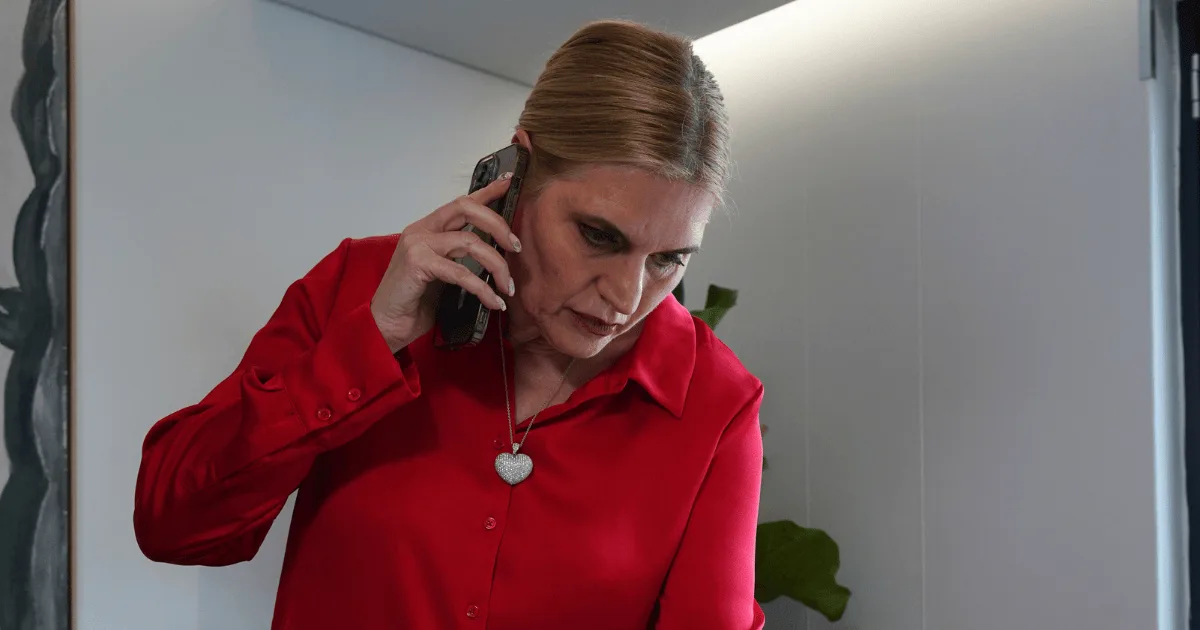Parental Alienation as a form of emotional child abuse and is the single most important concern for Family Law practitioners in South Africa. Parental alienation occurs when separated parents inflict doubt in the children’s minds towards the other parent resulting in frustration by one parent to have contact with the minor children. In these situations, children might be so severely influenced by one of the parents that all attempts to establish an ongoing relationship with them by the alienated parent will be virtually impossible and might only be repaired partially by psychotherapy. The alienated parent eventually gives up hope of ever having meaningful contact with the child.
Parental alienation harms the child more than the parent.
Frequently Seen Behaviour In Parental Alienation Cases:
- The belief held by the alienating parent that the child/children do not really need the other ‘targeted’ parent in their life.
- Where alienation is in play, one parent’s views the alienated parent’s attempts to contact or visit the child/children as harassment.
- Gatekeeping in the form of not passing on information, telephone calls or text messages from the alienated parent to the child/children.
- Not sharing information about school, functions or medical information with the alienated parent.
- Frequently denigrating the alienated parent in front of the child/children.
- The child/children are emotionally and psychologically rewarded for siding with the alienated parent, this can be very subtle or prominent.
When children are caught up in the midst of this conflict and become alienated, the emotional response can be devastating to the child’s development. The degree of damage to the child’s psyche will vary depending on the intensity of the alienation and the age and vulnerability of the child. In addition to this, alienated children are at risk of developing disturbances in many of their relationships. They often become manipulative and feel overly powerful. They may be resistant to authority and act out at school. As they get older, there is a strong likelihood that they will develop a disturbance in their growing identity.
What Can Be Done To Rectify Parental Alienation
According to the Children’s Act, the interests of the alienated child must come first, and steps must be taken to rectify a child’s relationship with the parent who has been alienated from the child.
The child and alienated parent need to be assisted in the process of re-attachment, which must be sensitively phased in and which considers the child’s developmental level, maturity and emotional resilience.
There are various psycho-educational and family therapy programmes that attempt to help severely alienated children of divorce rebuild the damaged relationship with the alienated parent.
For direct answers to your specific personal questions, please contact us directly.
Read more about our child law services
Author – Kate – Bailey Hill





